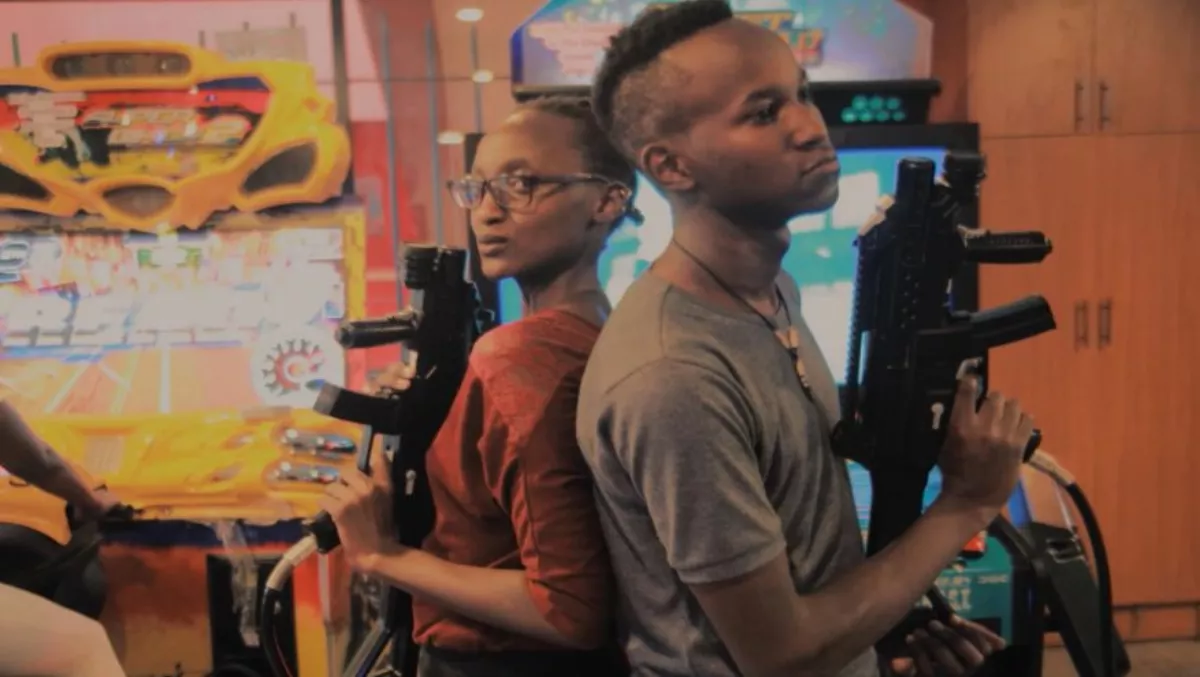
How today’s gaming community differs from stereotypes
The gaming industry has changed at such an exponential rate over the past five years, that the face of gaming has transformed before our eyes, both literally and figuratively.
Once a niche hobby, explored primarily by teenage boys and serviced by a handful of companies, the gaming market exceeded $30 billion in 2016 and is forecast to grow at a 6% compound annual growth rate through 2019.
In 2017, more people tuned-in globally to watch esport's League of Legends finals than the U.S.' football and baseball professional championship combined.
In fact, Alienware co-founder Frank Azor predicts esports is on the path to becoming the most popular sport in the world in the next 10 years.
Similarly, with PC gaming's explosion in popularity have come many new hardware and software entrants, introducing innovation and competition as well as driving down costs, which has lured even more intrigued spectators into the gaming world.
As the figurative face of gaming has changed, so has who people think of as a "gamer."
Looking to set the record straight on the profile of today's players, Alienware partnered with a third-party research firm, Researchscape, to conduct an extensive online survey of 5,763 video game players from 11 countries (Australia, Brazil, Canada, China, France, Germany, India, Japan, New Zealand, UK and US) on today's gaming habits, attitudes and the wider gaming community.
To qualify for the study, respondents had to play videogames on desktops or laptops and had to play for at least an hour a week.
The survey results confirm today's gamer is not the stereotypical teen loner playing in his parents' basement.
She's a coworker with two kids, the guy at the gym, a fellow volunteer, and most commonly, a spouse, sibling or friend.
But they all have in common that they proudly call themselves a "gamer.
Gone are the days that being called a "gamer" is derogatory.
According to those surveyed, fewer than one in 10 feel either "judged," "childish" or "embarrassed" being called a "gamer" (8-9% each).
Instead, they consider "gamer" a positive label and feel "fun" (35%), "cool" (29%), or "excited" (26%) as a result.
Through online platforms and social media, fueled by the popularity of esports and innovations in PC gaming rigs, the gaming community is growing in size, diversity and inclusiveness.
Gamers are not shy about sharing their love of gaming with others and inviting others to share in the enjoyment, with 27% having introduced three to four friends or family members to gaming, and 25% have introduced five or more.
With the accelerated pace gaming is going mainstream, it's safe to bet those unfamiliar with gaming will start to see it pop up in their daily lives before they know it.
Why do people say they game? People are increasingly turning to videogames for relaxation (60% of respondents), passing the time (51%) and relieving stress (49%).
A little under half (40%) of gamers are not concerned with their skill level, yet ironically, no one likes to identify as a "noob" (gamer code for the new kid on the block).
Just under 6% identified as noobs, while 14% consider themselves to be just beyond noob level, 40% identify as casual gamers, 25% as "pretty darn good", and 8% feel they can compete with pro gamers.
And fun fact, gaming for a living can net a pretty penny with some of the top players bringing in as much as $500,000 a month for their videos
Once the dominion of young men, gaming has become a welcoming community, accepting of whoever is behind the computer.
When it comes to being matched with rival gamers, culture/ethnicity (8%), political views (7%), and sexual orientation (6%) are for the most part inconsequential to a player.
What matters most is the other gamer's skill level (40%).
Only 14% of gamers said they care about the gender of the rivals they are matched with online, which could explain the sharp increase in female gamers in recent years.
One in two players (47%) has a female friend who plays videogames.
Almost a third (29%) have a sister who plays, and 21% said their daughter does.
Contrary to outdated stereotypes about the reclusive gamer, many lead busy lives with many outside interests.


